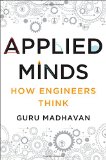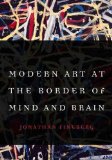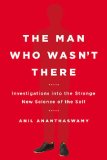
Applied Minds: How Engineers Think by Guru Madhavan (W.W. Norton & Co., 2015)
(kindle ed.), (amazon.co.uk – ‘Think Like an Engineer’), (UK kindle ed.)
Book description from the publisher:
A journey inside the minds that build our world.
Dubai’s Burj Khalifa—the world’s tallest building—looks nothing like Microsoft’s Office Suite, and digital surround sound doesn’t work like a citywide telecommunication grid. Yet these engineering feats have much in common.
Applied Minds explores the unique visions and mental tools of engineers to reveal the enormous—and often understated—influence they wield in transforming problems into opportunities. The resulting account pairs the innovators of modern history—Thomas Edison, the Wright brothers, Steve Jobs—with everything from ATMs and the ZIP code system to the disposable diaper.
An engineer himself, Guru Madhavan introduces a flexible intellectual tool kit called modular systems thinking as he explains the discipline’s penchant for seeing structure where there is none. The creations that result from this process express the engineer’s answers to the fundamental questions of design: usefulness, functionality, reliability, and user friendliness.
Through narratives and case studies spanning the brilliant history of engineering, Madhavan shows how the concepts of prototyping, efficiency, reliability, standards, optimization, and feedback are put to use in fields as diverse as transportation, retail, health care, and entertainment.
Equal parts personal, practical, and profound, Applied Minds charts a path to a future where we apply strategies borrowed from engineering to create useful and inspired solutions to our most pressing challenges.
Google Books preview:
See also: Author’s website





